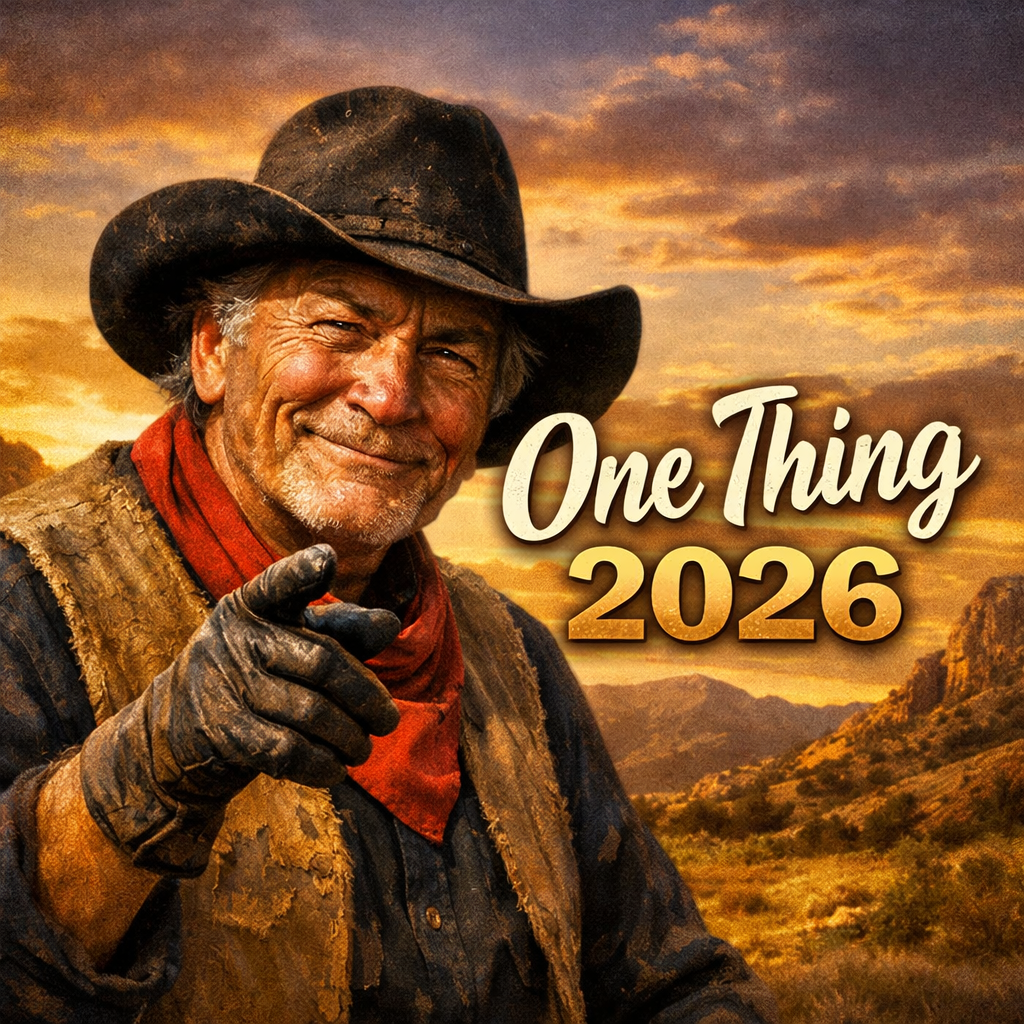Ron’s Topics
“Buddha in The C-Suite,” Kevin D. Williamson, National Review, December 18, 2017
Move over Briggs-Myer, Buddha’s coming, a $1 billion industry. Mindfulness is Buddhism without Buddha.
CMO—Chief Mindfulness Officer, Aetna. Google, Goldman Sachs, Intel, General Mills all offer it, and 20% of companies surveyed offer it, while 21% are planning to.
Executives claim an additional 62 minutes per week of productivity, and 80% of executives reported improved decision-making skills.
Scientifically, mindfulness is right up there with acupuncture, homeopathy, personality profiling.
There is a lack of replicable results, design problems, lack of control groups (less than 1 in 10 have control groups), no placebo effect, and other design flaws.
“No Hands, Full Speed Ahead,” Michael Hendrix, National Review, December 18, 2017
Chandler, AZ hosts Waymo (a subsidiary of Alphabet), as of August 2016. In November, the CEO announced test vehicles will operate with no human driver, achieving Level 4 autonomy (Tesla is at Level 2).
A robo-taxi fleet is coming (600 cars operating in Chandler now).
Business friendly Mayor and Governor, ADOT regulation, required no new legislation; it was done via Executive Order. Permissionless innovation
According to The Economist, General Motors will begin testing autonomous cars in lower Manhattan.
“The Open Road,” Charles C.W. Cooke, National Review, December 18, 2017
The government is sure to seek to ban driving sometime in the future.
But what about liberty? Cooke writes, “As usual, the opponents of prohibition will be correct. “Please sir, may I move?”
He proposes a legal prophylactic, now: amend the Constitution. The genius of the Bill of Rights is that it protects broad categories of human conduct. This is not so much about driving, but rather movement.
“Congress shall make no law restricting adults from driving licensed vehicles.”
“Creating Wealth Does More Good than Giving it Back,” Paul H. Rubin, FEE, December 20, 2017
The initial creation of wealth always greatly exceeds the giving back portion.
Henry Ford, who was a vicious anti-Semite, created wealth that benefited the Jewish people, but when he gave back by publishing the Dearborn Independent, an anti-Semitic newspaper that Hitler borrowed heavily from.
See our Episode #38 for a discussion of Henry Ford.
The Koch brothers and George Soros: Impossible for them both to be contributing to the social good since they are diametrically opposed.
John Stossel, “Thankful for Property,” November 22, 2017
Pilgrims nearly starved because they farmed collectively, what economists call the tragedy of the Commons.
He did a video on this experiment:
See our Episode #76 for Lessons from the Trading Game for a similar demonstration of the free-market principles of trade.
Net Neutrality
The FCC never had legal authority to enact net neutrality (NN) when Congress declined to do so. The FTC still regulates anti-competitive behavior.
iPhone couldn’t have happened with NN (ATT exclusive). TimWu, Columbia Law Professor, called it at the time “iPhony,” because Apple should allow customer to pick the carrier of their choice.
That exclusivity didn’t prevent Android from being world’s largest smartphone operating platform.
George Carlin taught us that FCC regulates content, so if you’re worried about this, the FCC is wrong body to have regulate the Internet.
Article at Stratechery.com?
“Father of The Internet Skewers FCC: ‘You Don’t Understand How The Internet Works’”
Thomas W. Hazlett: Economist, Clemson University, has written two fantastic books on this topic:
According to Hazlett: “A truly open Internet allows consumers, investors, and entrepreneurs to choose among many models…The FCC mistakes the benefits of market processes for a planned industrial structure, imposing new rules to protect what evolved without it.”
Marea (Spanish for tide) cable being laid between Virginia and Spain, thin garden hose. Funded by: Microsoft, Facebook, and Telxius.
160 Terabits per minute!
Ed’s Topics
Dropping Traffic signs would make us safer from Jeffrey Tucker in a FEE article, November 27, 2017
In response to a snarky Facebook post in which the commenter said, "Right, let's get rid of traffic lights," I encountered the above article from Jeffrey Tucker.
Even the folks at VOX seem to agree. Here is a short film link on people driving slower, “Edge friction”
List of self-driving milestones
from www.XKCD.com, December 6, 2017
Tax Bill: Reform or Not?
Ed says it’s not real reform.
Ron says yes it is, but only on the corporate side, not the personal side (though the repeal of the Obama Care mandate is major reform). The corporate reform is mostly due to full expensing—which does expire after 10 years—but also changing to a territorial system, which is a big change.
Also, what about government spending? See Kevin Williamson’s article in National Review on “A Dessert-First Tax Bill.”
What’s going on with Bitcoin?
Are people cashing out at year end? Bitcoin futures market began. First Bitcoin joke: A son asks his father for $10 in Bitcoin. Father replies, “$9.41, what do you need $13.21 for?”
Neat piece from Mark E Leftovic on why BitCoin IS different.














